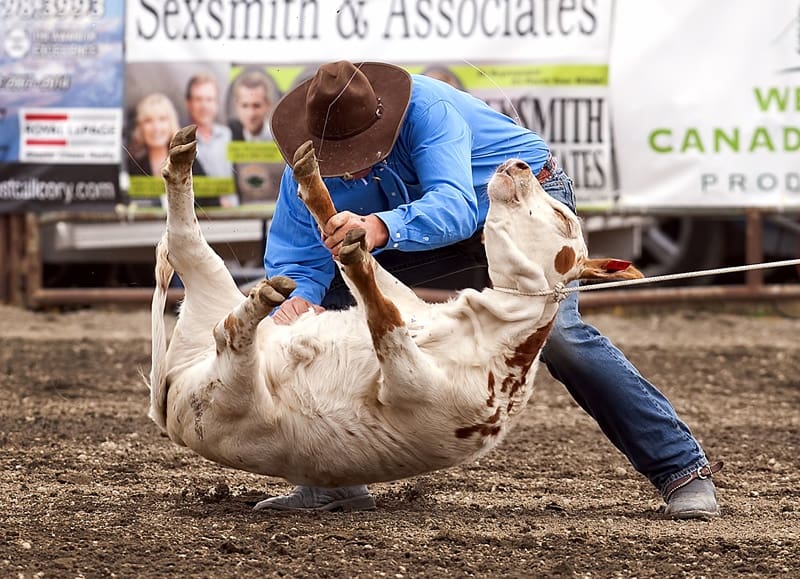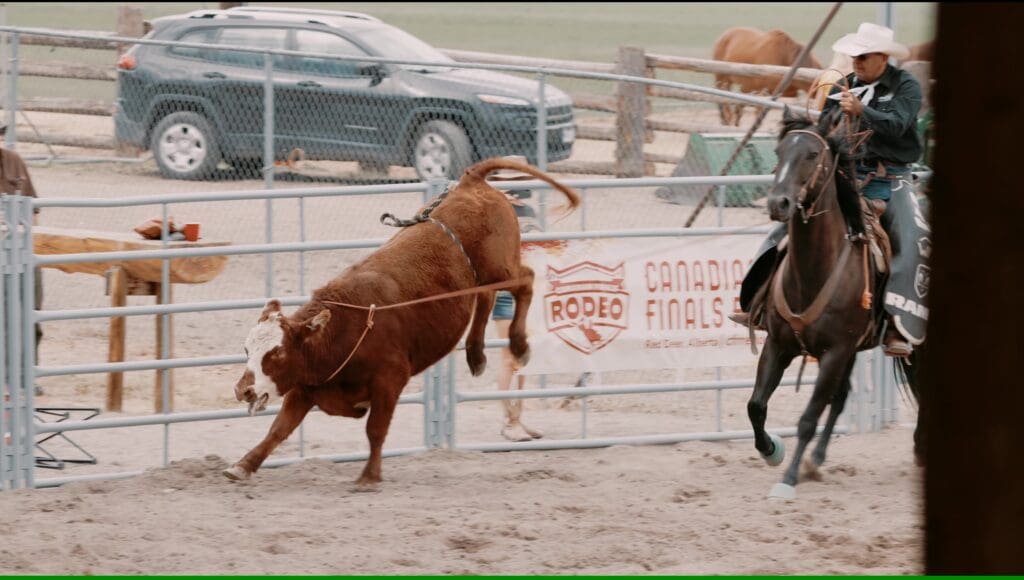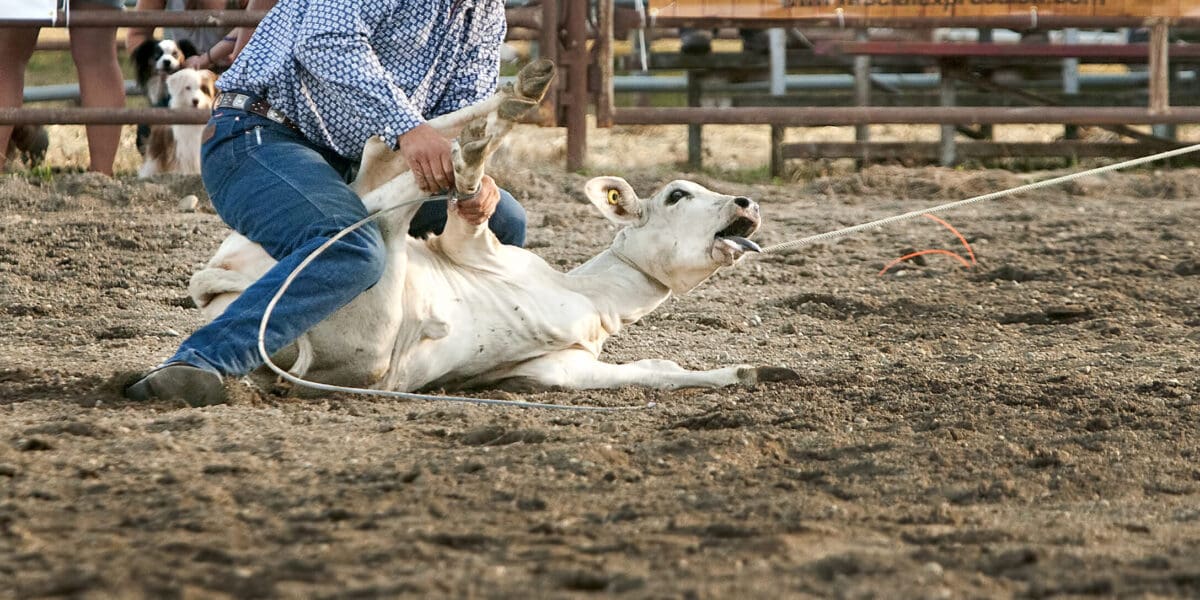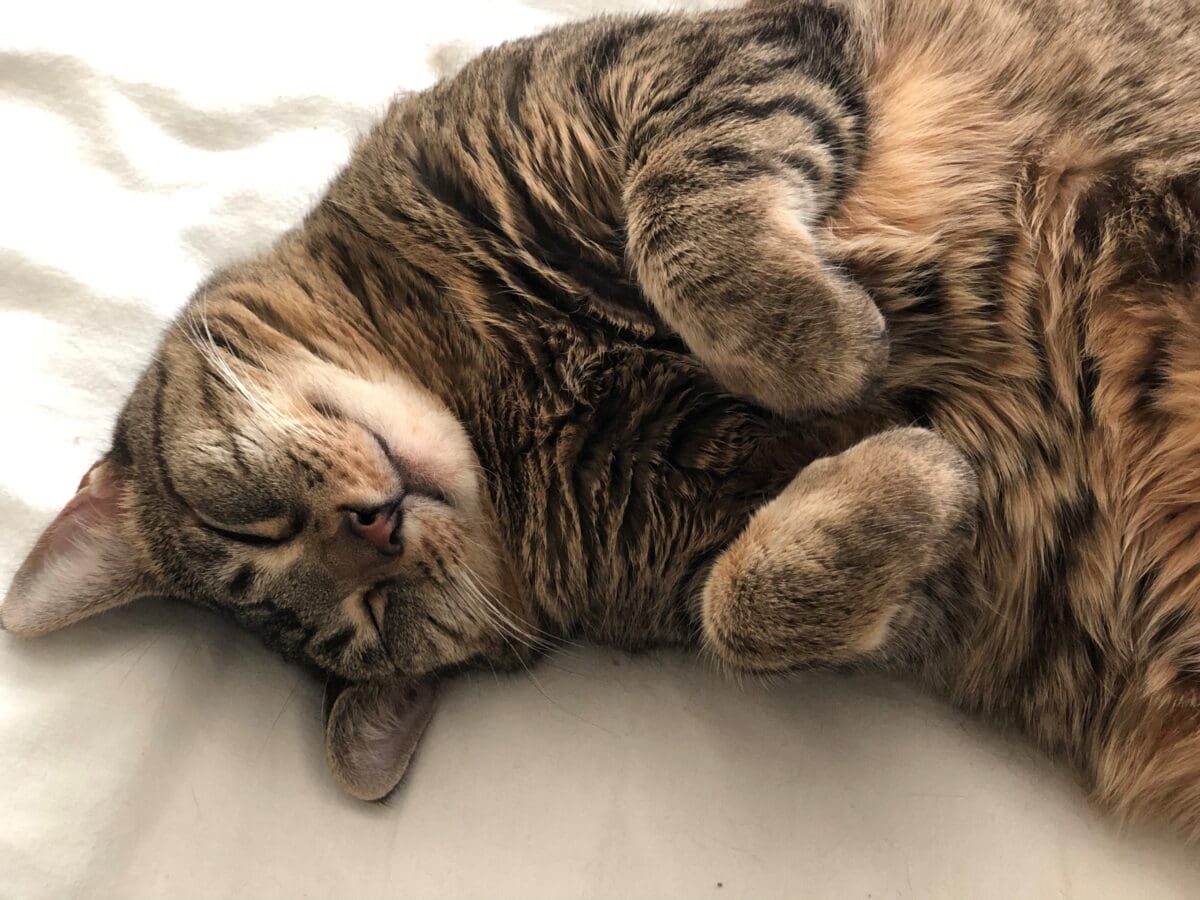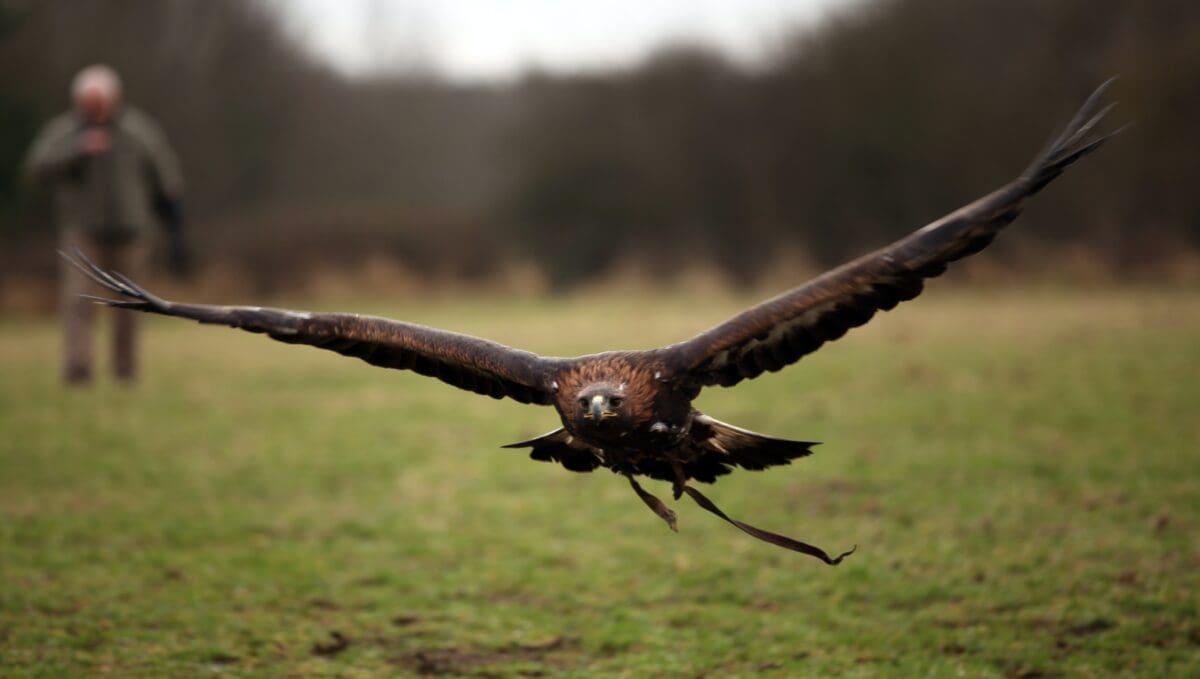VANCOUVER, July 22, 2021 – The Vancouver Humane Society (VHS) is partnering with women’s support agencies to break down housing barriers for women with pets through the unique Helping Women and Pets in Crisis program.
“It is difficult finding places that allow pets,” says Mariam, a client of the program whose name has been changed for privacy, “Especially with non-refundable pet deposits which take away the limited income I have per month.” Mariam’s family is familiar with this struggle; her sister has already given up a cat “because she couldn’t afford anywhere that would allow a pet to live with her.”
Currently, the lack of pet-friendly housing has a huge impact on people experiencing homelessness and survivors of domestic violence. About one in ten people experiencing homelessness have pets, and many affirm that they would never enter a shelter if they could not bring their pet with them. Pets and their guardians form strong bonds that aid each other’s mental wellbeing; living with a pet has been proven to have medical, emotional, and mental health benefits.
Likewise, many women experiencing domestic abuse have stayed in an abusive relationship longer than they felt comfortable out of concern for their pets. This is a serious welfare concern for women as well as animals, since abusers will often threaten or harm their victim’s animal as a form of intimidation and control.
An individual with a low income can also face challenges when their pet has a medical crisis. “The vet bills are the toughest, you never know if they’re going to get sick or not. How are you going to pay your other bills when the vet bills are so high?” says Mariam.
When Mariam’s cat got sick, she says, “We spent our rent money to get him medicine in the hospital to prevent him from suffering. I accepted that I would have to go without some basic needs and put off rent for a couple of months to catch up financially.”
The Helping Women and Pets in Crisis program covered part of Mariam’s urgent veterinary costs so that she did not need to shoulder the financial burden alone. “That took away the worry about being able to afford the next couple of months, knowing we won’t have to struggle for a while.”
The program recently received a generous grant of $10,200 from the Vancouver Fraser Port Authority. It is also funded in part by a $9,000 grant from North Shore Community Foundation and a $30,000 grant from PetSmart Charities® of Canada. “Helping vulnerable pet parents and their pets stay healthy and together is something we are committed to,” said Dani LaGiglia, community grants manager at PetSmart Charities of Canada. “With this funding, we hope more women will not have to make a choice between their safety and that of a beloved pet.”
VHS is hoping to grow this project beyond the grant funds and is seeking compassionate donors to support this work. If you would like to contribute to this valuable program, or if you are a woman in crisis seeking support for yourself and your pet, you can learn more on the Vancouver Humane Society website.
-ends-
For further information: Contact Amy Morris: 604-416-2901
RELATED LINKS
https://vancouverhumanesociety.bc.ca/helping-women-and-pets-in-crisis/ https://vancouverhumanesociety.bc.ca/

